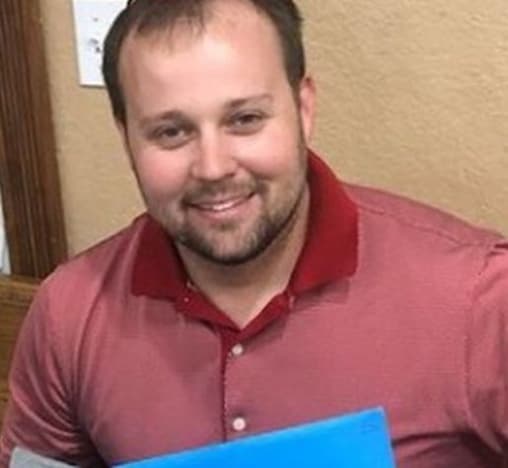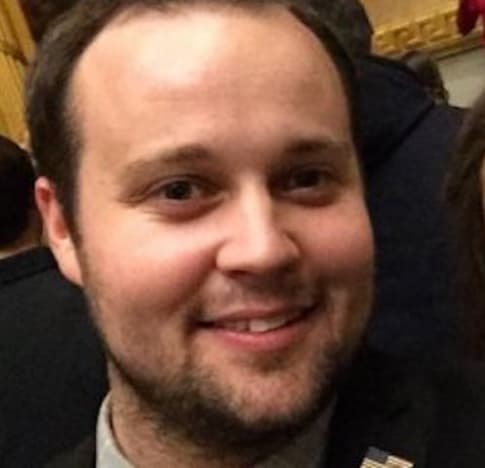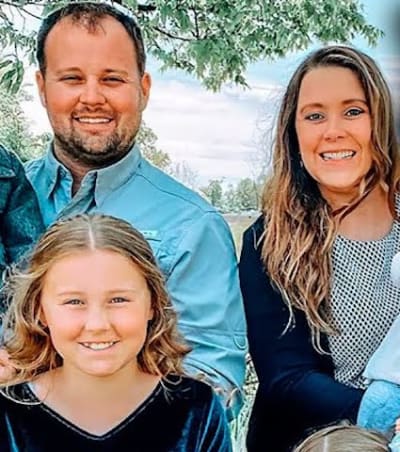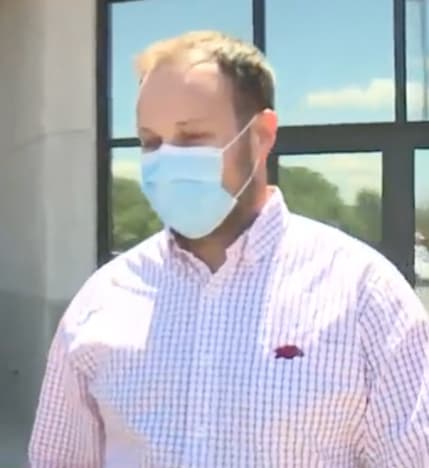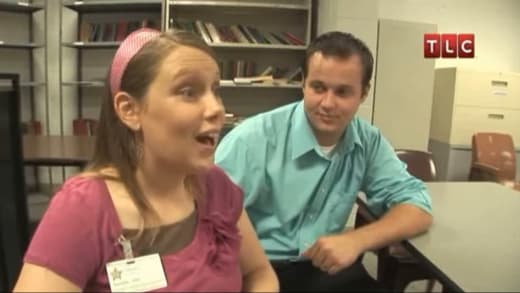Part of what seems to make Josh Duggar so sure that he'll be acquitted is his eager, active defense team.
The disgraced former reality star's attorneys have been filing nonstop motions ahead of the trial, which begins next month.
His defense team is arguing that investigators can't prove that Josh was sharing any illegal files.
Can Josh bog down the court with excessive technical jargon until evidence is suppressed?
Josh Duggar's legal team appears to be hoping that the court lacks a grasp of the technology in question.
In a world where sitting senators ask if Facebook will "end finsta," that ... might not be unrealistic.
But we promise to break down exactly what Josh's team is trying to argue and why it's not very convincing to people who understand the software.
According to court documents, investigators used a program Torrential Downpour.
As we have explained in past coverage, this software is designed to identify photos and video of child sexual abuse distributed over peer-to-peer file-sharing.
In this case, Josh is accused of having torrented -- that is, downloaded in tiny pieces, usually from multiple anonymous peers -- the illegal and heinous material.
Legal documents describe lawe enforcement using "17 hours" and "attempting 169 times" to use this software to receive files from Josh.
Despite this apparent effort, they were able "to download only 13 of the 66 pieces."
These are pieces "that comprise only a small fraction of the 'marissa.zip' file."
The court documents continue to describe the file "that was allegedly stored on a shared computer located in a business."
This was all "six months before the government applied for a search warrant."
Duggar's team is insisting that if Josh were really using the file-sharing software with these files, authorities would have obtained copies of the file from him "within minutes."
Well that all certainly sounds complicated!
Even as someone familiar with how P2P (peer-to-peer) software operates, I had to give all of that a double take.
It's a safe bet that Josh's team is hoping that the court will be so befuddled by the involvement of technology that they'll grant their request to suppress evidence.
But instead, let's break it down as easily as possible.
First, we'll start with a visual representation of what "pieces" look like on file-sharing software.
Here is a screenshot. The little blue squares at the bottom are downloaded "pieces."

When individual "pieces" are all filled in, you get one complete file.
That file could be a photo, a video, an audio file.
The vast majority of those who use this technology are not using it to transmit heinous, illegal material like Josh is accused of doing.
To put it more simply, directly downloading a file is like going to the grocery store.
It takes time and effort for you and, frankly, for the store, and you get all of your files (food, in this analogy) at once in one shipment.
Peer-to-peer transfers are more like a neighborhood potluck. Friends bring by ingredients and meals one by one, and eventually, you have a whole feast.
The way that this software works is that anonymous peers (who don't know you) automatically send pieces of their files to each other.
What Josh's attorneys appear to be saying is that Josh would have been automatically sending out pieces of his files if he'd actually acquired them.
Going with our potluck analogy, surely if Josh had received all of this food, he'd then be paying it forward by passing on some of that food.
But as many tech savvy Duggar-watchers have explained before me, that's not really how the technology works.
17 hours is not a long time to attempt to access a large file that's probably (hopefully) not being "seeded" onto the internet by many people.
This could be explained by Josh only sporadically having the computer on, or by having a poor internet connection.
As for the "169 attempts" bit ... that doesn't sound like it would require agents repeatedly pressing a button and getting frustrated.
That likely refers to the automatic attempt by the government's Torrential Downpour software to make contact with Josh's software to facilitate file exchanges.
From the best of our understanding of the technology and Josh's team's argument, literally this could just mean that investigators turned on the machine one afternoon and off the next morning.
Josh's team also touched on the delay between Josh's alleged download and their obtaining of a warrant.
But Josh is accused of committing his crime digitally and in an essentially public way, and frankly of doing a terrible job of covering his tracks.
Investigators might have an explanation for why they waited, but it's unclear how the delay could impact any actual facts of this case.
